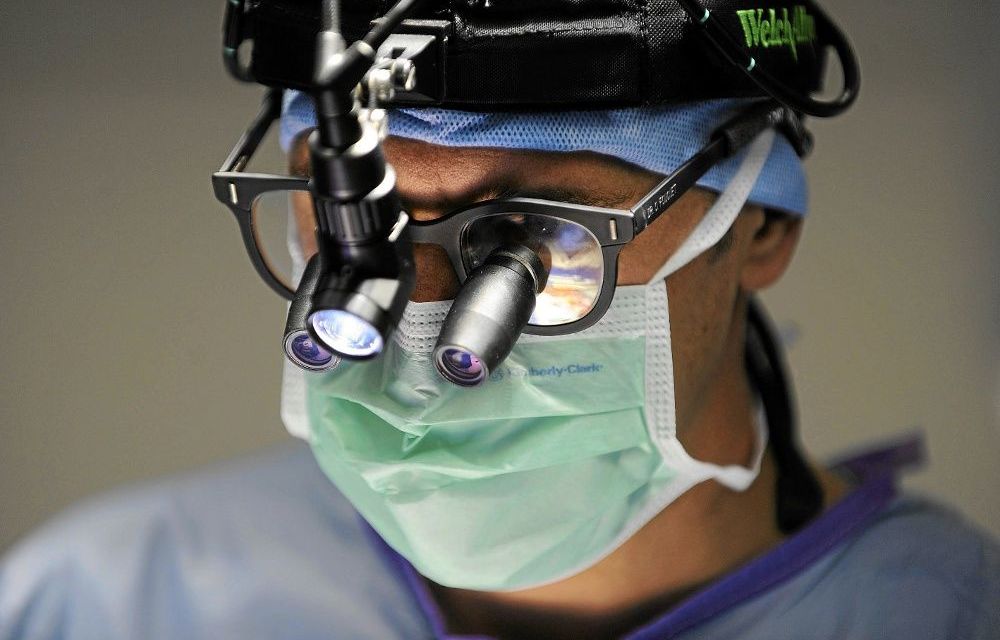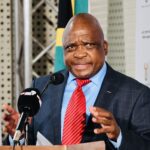To speed up the country’s delivery of qualified doctors, Western Cape Health MEC Theuns Botha says private medical schools are necessary.
South Africa is ready for its own private medical school where doctors can be trained without the help of the state, said Western Cape Health MEC Theuns Botha at the 18th Rural Health Conference in Worcester on Tuesday. “I intend addressing the issue on national level. Why can the country have privately run courses for almost all other professional fields, but not for medicine?” Botha asked.
Private medical schools are currently prohibited by the National Health Act – only public universities are allowed to train doctors. Medical students can therefore only do their practicals at public hospitals under the supervision of doctors employed at state hospitals and clinics.
According to the national health department South Africa’s eight medical schools have been producing an average of 1 200 doctors per year for the past decade. Health Minister Aaron Motsoaledi has told the
Mail & Guardian previously that he plans to “at least” triple this number to 3 600 doctors per year for the implementation of government’s National health Insurance Scheme.
According to the government’s White Paper on human resources, South African medical schools will have to double their output of general practitioners over the next 15 years just to maintain the current ratios to population.
The ministry has funded a new medical school at the University of Limpopo and is planning to build more training hospitals. Motsoaledi plans to expand several health institutions, including Soweto’s Chris Hani Baragwanath Hospital and Tygerberg Hospital in Bellville.
But Botha says a private medical school is also needed to speed up the country’s delivery of doctors.
Understaffed SA hospitals
“It therefore requires a ‘healthy debate’ to determine way forward. We do not have enough medical doctors in South Africa and the national government reverts to the Cuban programme to address it. Our solution is permission for a private academic platform, incentives to retain professional skill in South Africa and support and expansion of the existing medical schools,” Botha said.
Cuba, with a population of 11-million, compared with South Africa’s 52-million, produces more than eight times the number of doctors that South Africa does: about 11 000 annually from its 25 medical schools.
The national health department funds medical students from disadvantages communities in South Africa to study medicine in Cuba and also has an agreement with the Cuban government for Cuban doctors to work at understaffed South African hospitals.
Botha however told the M&G that the Western Cape health department did not employ Cuban trained doctors as their training has not been proven as “on the same standard as those of South African doctors” and because the province did not require their services due to low vacancy rates at state hospitals and clinics in the Western Cape.
He said his department has increased its staff complement of health professionals from 36 000 to 42 000 over the past five years to achieve better staff-patient ratios. “This has resulted in our staff vacancy rate currently being less than 4%. Some other provinces are
struggling with a 40% vacancy rate,” he said.

Mia Malan is the founder and editor-in-chief of Bhekisisa. She has worked in newsrooms in Johannesburg, Nairobi and Washington, DC, winning more than 30 awards for her radio, print and television work.





